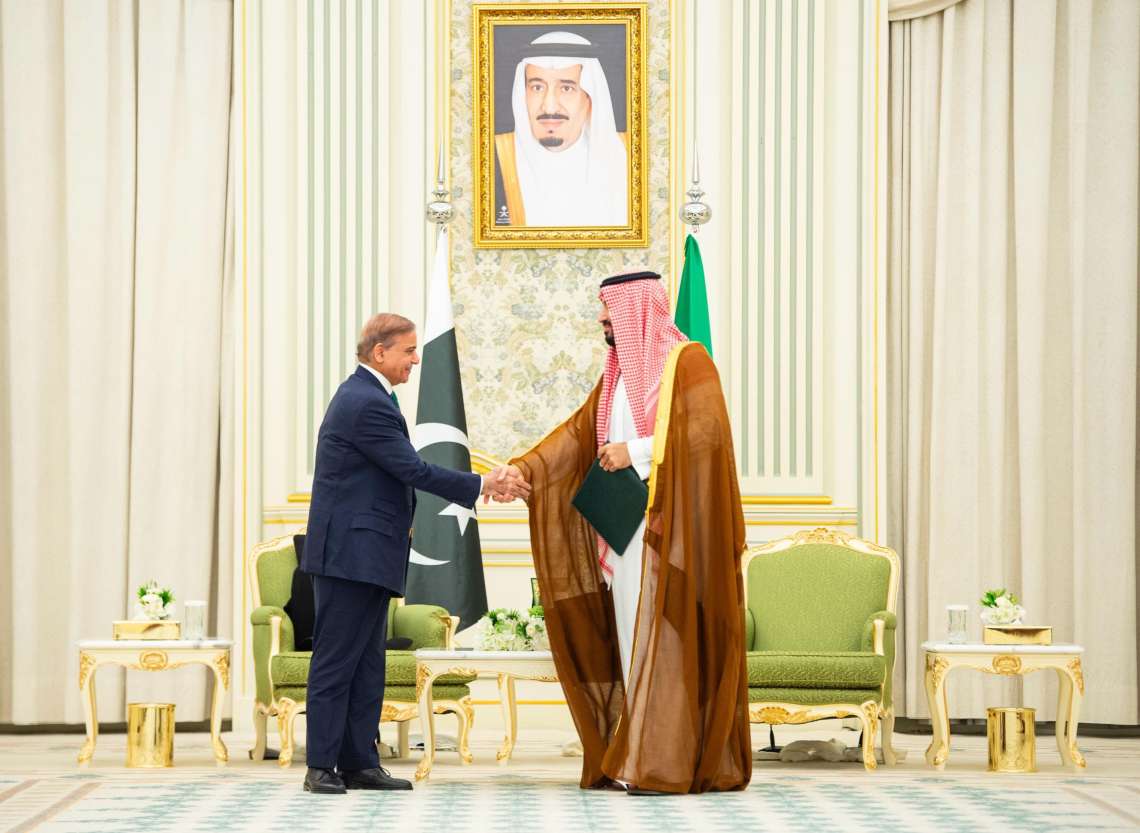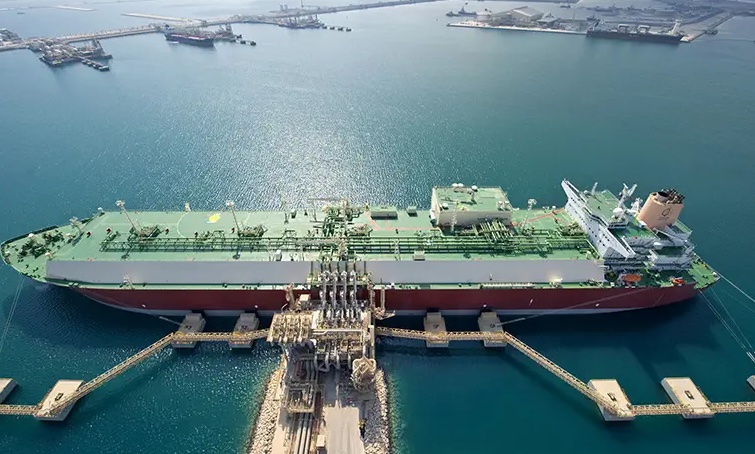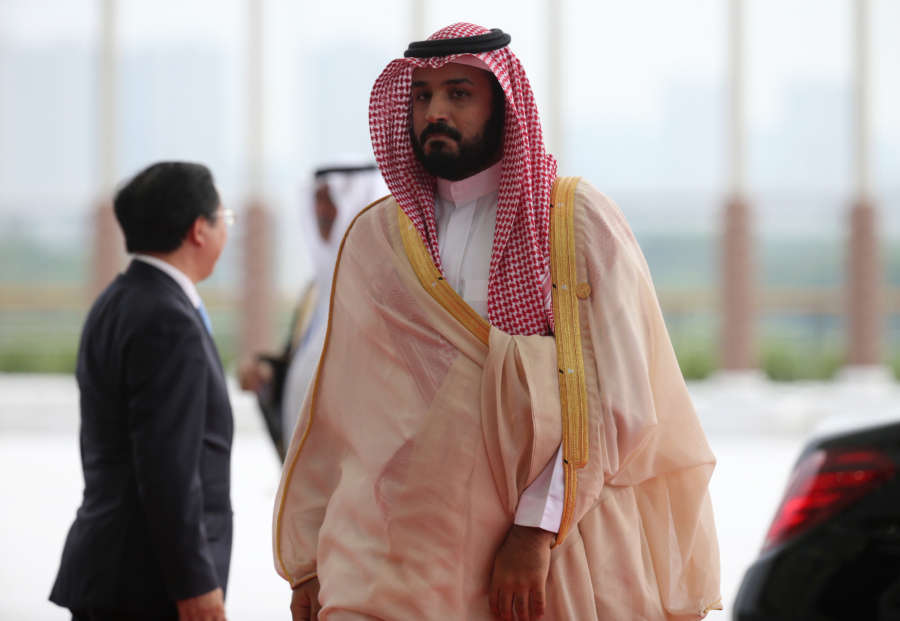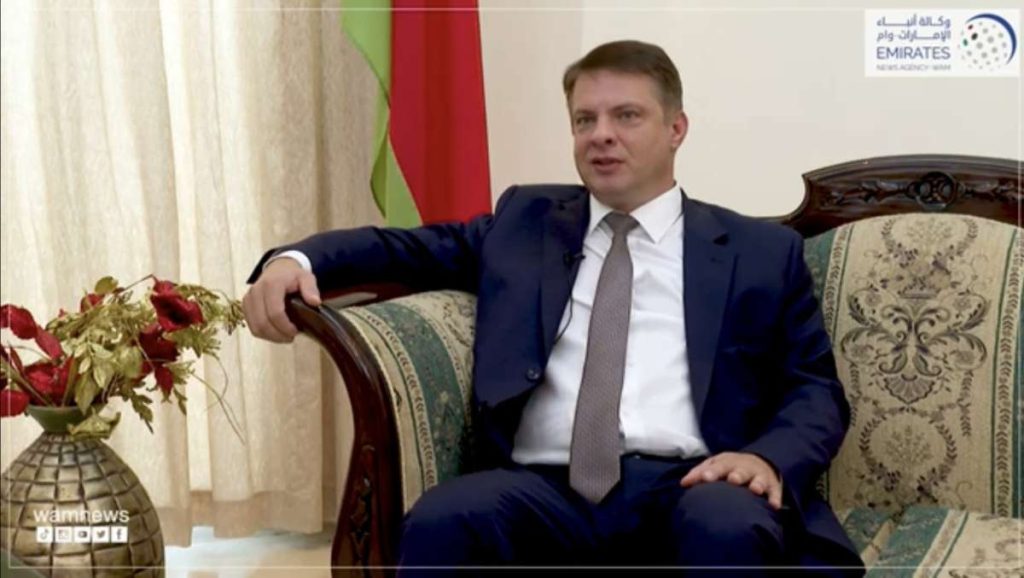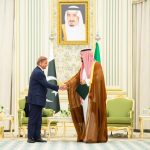A London-based Pakistani journalist Farooq Sulehria said, “The Talibanization of the Pakistan military is something we can’t overlook. What if there is an internal Taliban takeover of the nuclear assets?”…reports Asian Lite News
Pakistan’s government, the Taliban, its various outfits in Pakistan and Afghanistan, and other jihadist groups inside Pakistan have created a worry over the nuclear weaponry falling into terrorist hands
At a time when US President Joe Biden’s words put the spotlight on Pakistan as “the most dangerous nation in the world”, Pakistan’s nuclear capabilities are also occupying a position of significance and creating anxieties for various major global powers.
Biden at a Democratic Congressional Campaign Committee Reception in Los Angeles (California), during which he berated both China and Russia said, “This is a guy (Xi Jinping) who understands what he wants but has an enormous, enormous array of problems. How do we handle that? How do we handle that relative to what’s going on in Russia? And what I think is maybe one of the most dangerous nations in the world: Pakistan. Nuclear weapons without any cohesion.”
Pakistan’s government, the Taliban, its various outfits in Pakistan and Afghanistan, and other jihadist groups inside Pakistan have created a worry over the nuclear weaponry falling into terrorist hands.
Pakistan supports the Taliban covertly. The world believes that Pakistan’s nuclear program remains a threat of being stolen by terrorist organizations. Last year in August, after the withdrawal of US troops from Afghan soil, Afghanistan has quickly fallen into the Taliban’s extremist clutches.
The political upheaval in Afghanistan also has regional repercussions, especially for those in neighbouring Pakistan. Meanwhile, Pakistan’s continued production of fissile material and subsequent weapons, as well as the potential deployment of more tactical nuclear weapons, only makes the increasing possibility of the misuse of these materials more glaring and plausible.
A London-based Pakistani journalist Farooq Sulehria said, “The Talibanization of the Pakistan military is something we can’t overlook. What if there is an internal Taliban takeover of the nuclear assets?”
There has been multiple instance when experts and US Presidents have expressed their concerns over Pakistan’s nukes. During the time of the Obama administration, a Harvard nuclear expert, Graham Allison, stated, “When you map weapons of mass destruction and terrorism, all roads intersect in Pakistan.”
He said this while sitting on the US Commission on the Prevention of Weapons of Mass Destruction Proliferation and Terrorism.
Moreover, ex-US President Bill Clinton also had similar apprehension regarding Pakistan’s strides towards nuclear testing. Clinton, worried about the geopolitical threat of South Asia if Islamabad was to go ahead with its nuclear armament.
Clinton made all sorts of offers within his ambit. Whether it was a state dinner to billions of dollars in assistance to the country, Clinton tried to persuade the then-Pakistan Prime Minister Nawaz Sharif to put off the nuclear testing.
However, once Clinton was unable to succeed in getting his way, he publicly condemned Islamabad’s move. Clinton described the nuke tests “dangerously destabilizing.” Pakistan went ahead with its testing, and the US imposed crippling economic sanctions in retaliation.
Along the same lines, Generals Mark Milley, Chairman of the Joint Chiefs of Staff, along with their high-ranking generals, claimed their awareness of the risks the Afghanistan move would pose for Pakistan’s nuclear weapons and its national security.
From the very inception of the process of creating a nuclear weapon, Pakistan was aware that it was not in a position to put together a weapon system on its own. Moreover, Pakistan’s aspiration for acquiring a nuclear weapon saw an element of urgency as it needed to keep pace with India, which was confidently surging ahead with its own self sufficient nuclear program. This desperation compelled Pakistan to resort to unethical means to acquire sub systems for their nuclear program from different sources, said French journalist Roland Jacquard.
Most significantly, in the past, Taliban-linked groups have successfully attacked government and military targets in the country. In 2012, armed Islamist militants used rocket propelled grenades to attack the sensitive Minhas (Kamra) Air Force base which hosts the Pakistan air Force’s Research and Development facilities. Significantly, the then Taliban spokesperson Ehsanullah Ehsan stated that the Taliban was proud of the operation as their leadership had decided to attack the Kamra air base a long time ago. The base was also targeted earlier in 2007 and 2009 by suicide bombers.
In the past, Al Qaeda leaders had called for attacks on Pakistani nuclear facilities as well. Likewise, in September 2014, an attack was carried out by AQIS on Pakistani nuclear ship Zulfikar, docked at Karachi Naval Dockyard which had also drawn concern from the international community on the capability of such cadres to target vital facilities in Pakistan. Authorities in Pakistan had even alleged that the ship had been taken over by the AQIS operatives, Jacquard writes.
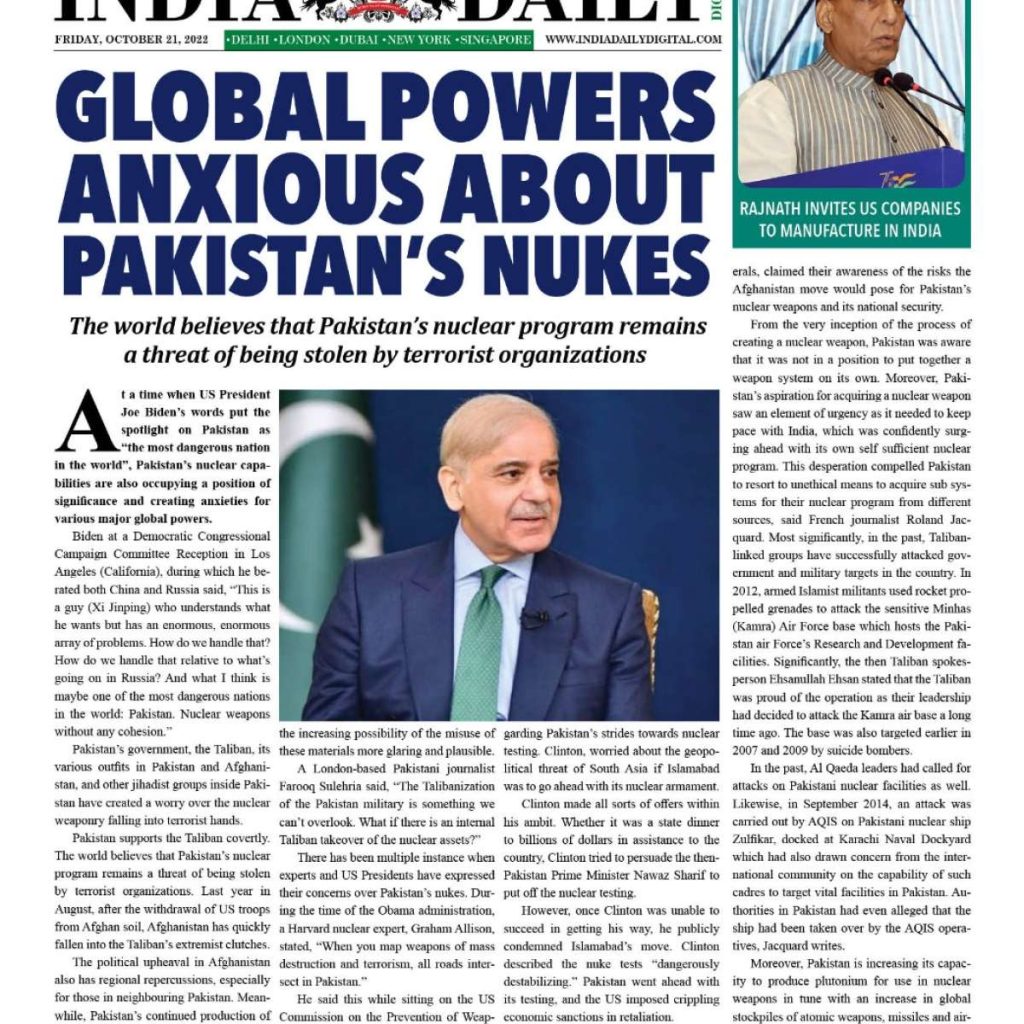
Moreover, Pakistan is increasing its capacity to produce plutonium for use in nuclear weapons in tune with an increase in global stockpiles of atomic weapons, missiles and aircraft delivery systems, led by the United States and Russia who appear locked in competition to modernise their nuclear warheads.
The raw material for nuclear weapons is fissile material, either highly enriched uranium (HEU) or separated plutonium. China, France, Russia, the United Kingdom and the USA have produced both HEU and plutonium for use in their nuclear weapons. The Indian and Israeli arsenal is mainly plutonium based. So far Pakistan has mainly relied on HEU for its stockpile of around 165 nuclear weapons as per the latest estimates. But Islamabad appears to be diversifying, by enhancing its ability to produce weapon-grade plutonium, according to the findings of the Stockholm International Peace Research Institute (SIPRI).
ALSO READ-Peace in border basis for normal India-China ties: Jaishankar


